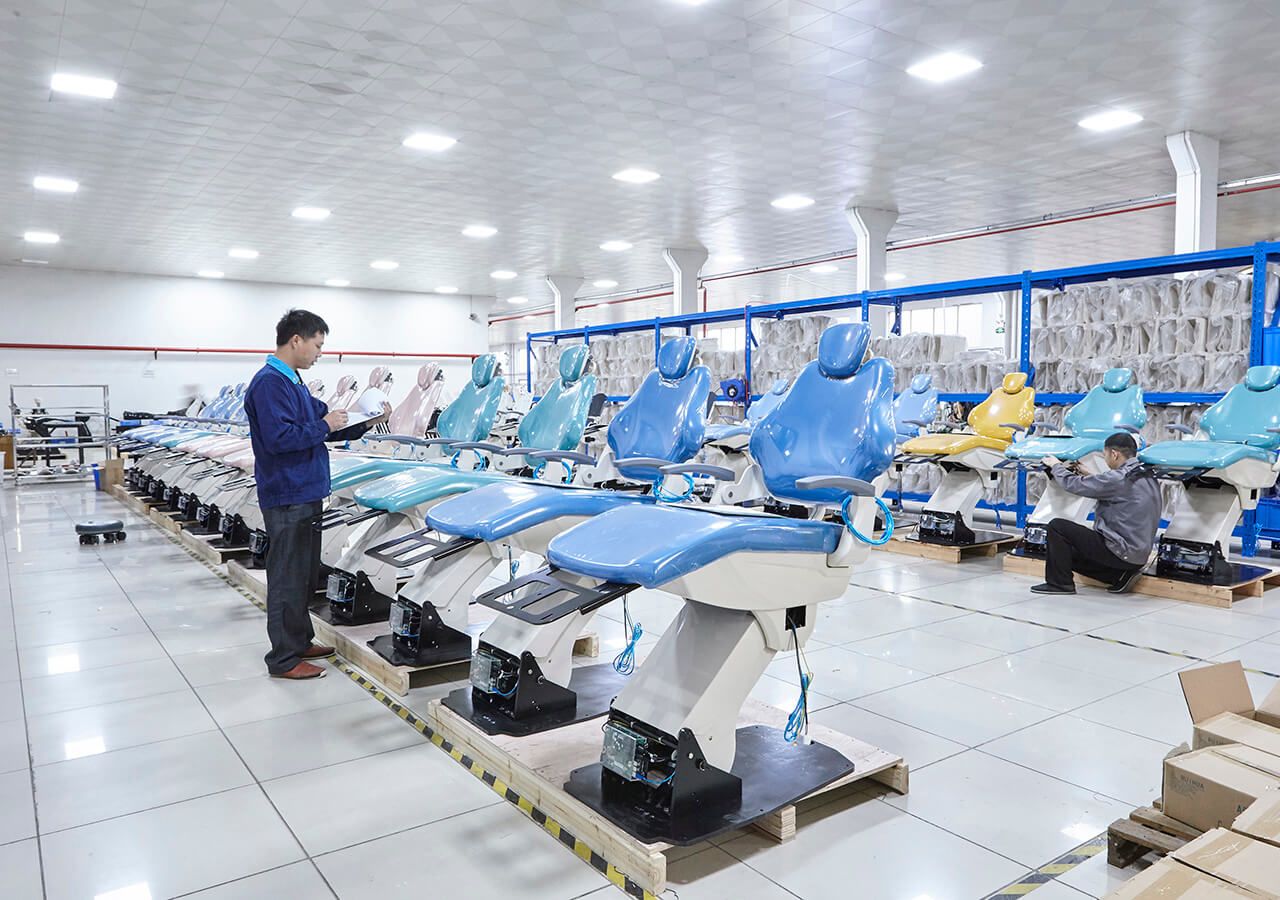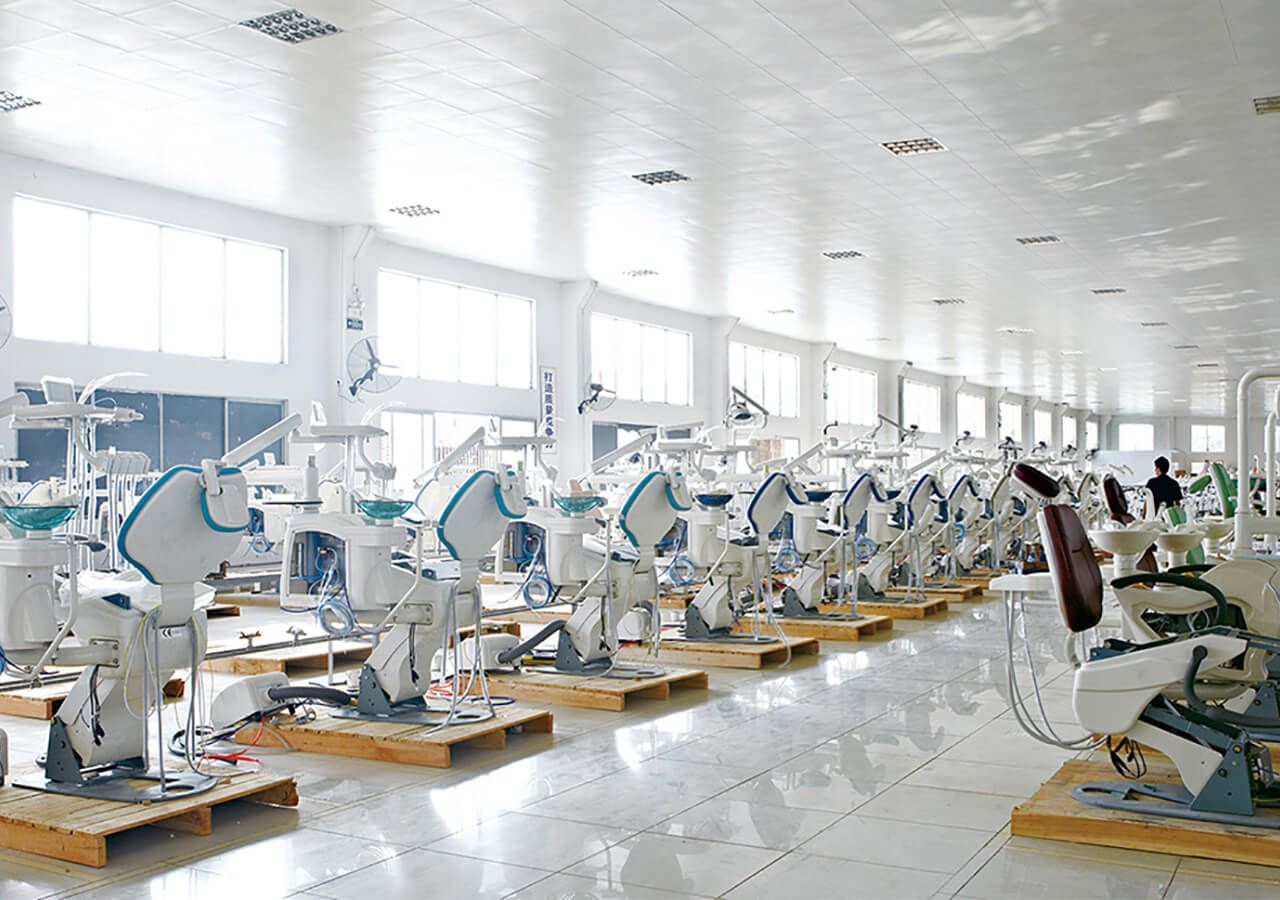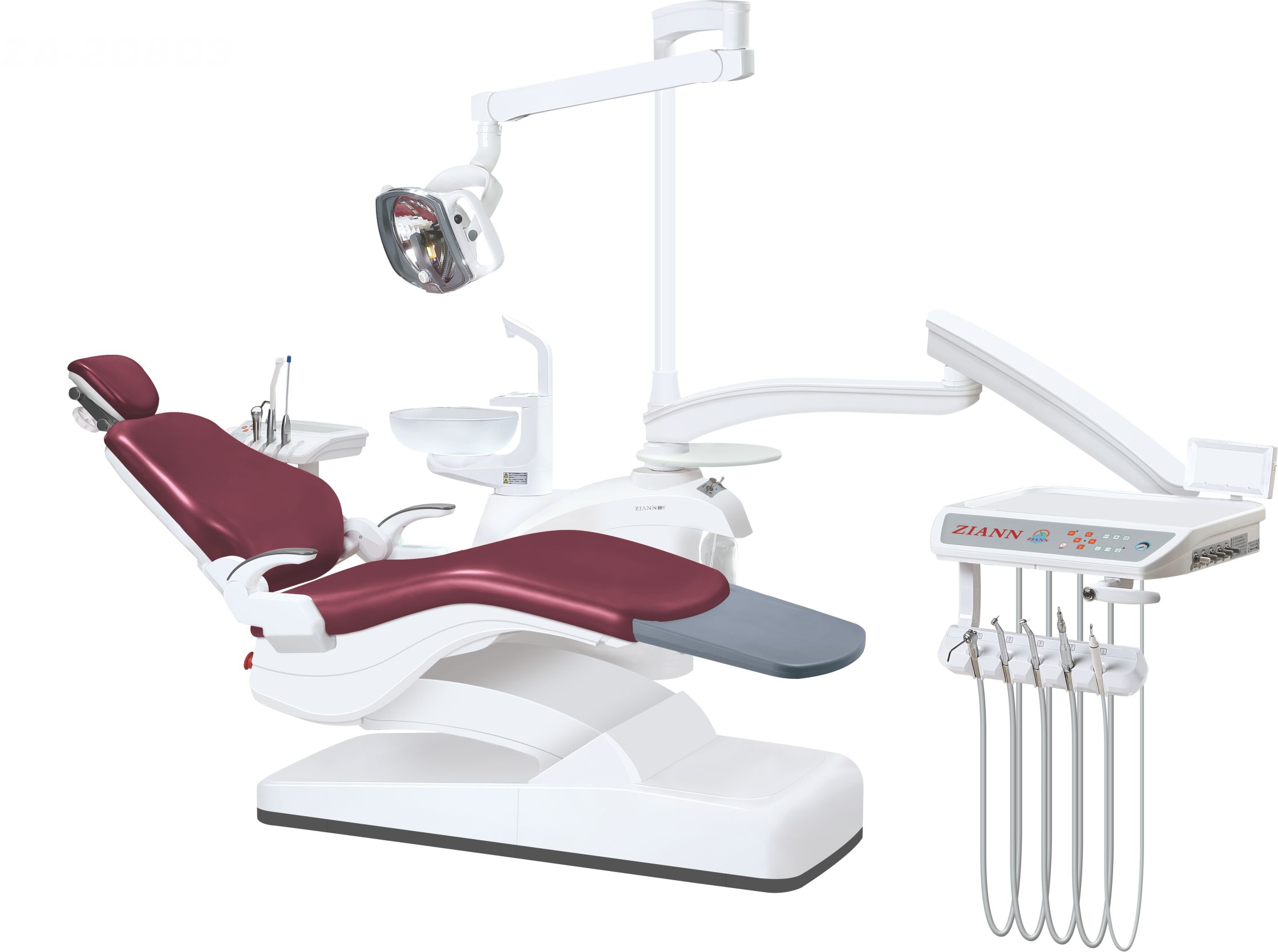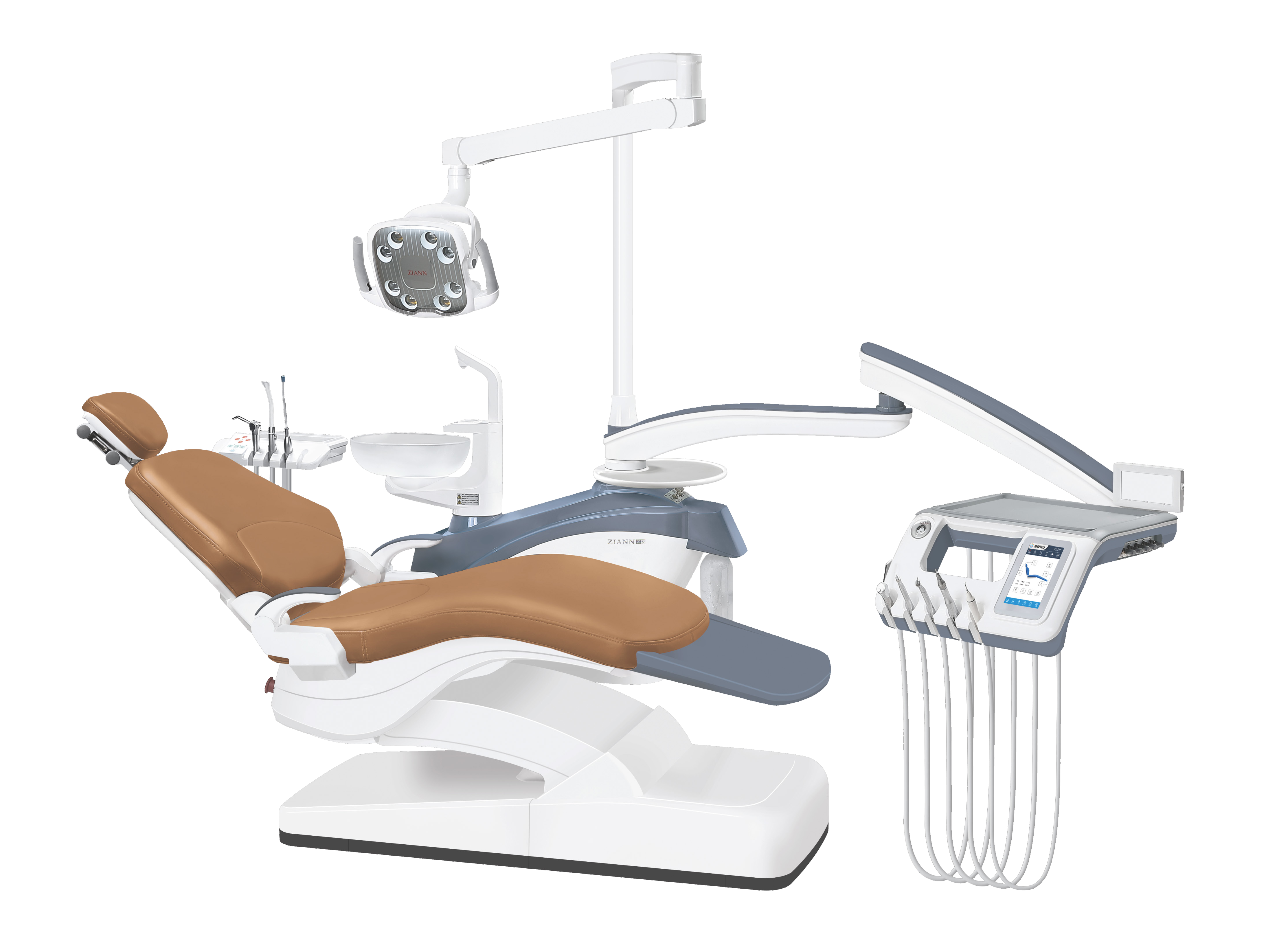In the realm of modern dentistry, technological advancements have revolutionized the patient experience and streamlined the workflow for dental practitioners. One such innovation that has gained traction in recent years is the Dental Digital Disinfection Unit Chair.
These chairs integrate cutting-edge technology to enhance sanitation practices, patient comfort, and overall efficiency within the dental office. However, like any technology, they come with their set of advantages and limitations.
Pros of Dental Digital Disinfection Unit Chairs
In this section, the author would first to introduce the pros of using dental digital disinfection unit chairs.
●Comprehensive Sterilization
Digital Disinfection Unit Chairs leverage advanced disinfection methods like UV-C light or ozone sanitation. These methods effectively target and eliminate a wide spectrum of pathogens, including bacteria, viruses, and fungi.
Compared to traditional disinfection techniques, these units provide a more thorough and rapid sterilization process, contributing to a safer clinical environment.
●Workflow Efficiency
Time is of the essence in a dental practice. These chairs often boast automated cleaning cycles, optimizing the turnover time between patients.
Consequently, dental professionals can attend to more patients in a day while maintaining stringent hygiene standards.
●Patient-Centric Design
The ergonomic design and customizable features of these chairs prioritize patient comfort. Adjustable settings, padded surfaces, and ergonomic positioning options contribute to a more relaxed and less anxiety-inducing experience for patients undergoing dental treatments.
●Integrated Technology
Some units integrate various technologies within the chair, such as intraoral cameras, digital displays for patient education, or entertainment systems.
This convergence of technology not only enhances patient engagement but also facilitates a more interactive and informative dental experience.

Dental Unit Manufacturers in China
●Environmental Impact
By reducing the reliance on chemical disinfectants, these chairs contribute to a more eco-friendly dental practice. This eco-conscious approach aligns with the growing trend toward sustainable and environmentally responsible healthcare practices.
●Reduced Chemical Usage
With efficient disinfection methods like UV-C light, there's a decreased reliance on chemical disinfectants, which can be beneficial for both the environment and reducing potential allergic reactions in patients.
Cons of Dental Digital Disinfection Unit Chairs
Here are some cons of dental digital disinfection unit chairs.
●Initial Investment
While these chairs offer a multitude of benefits, the upfront cost can be a significant deterrent for many dental practices. The initial investment includes not only the chair itself but also any necessary upgrades to existing systems or software for compatibility.
●Maintenance and Training
These chairs require regular maintenance and calibration to ensure optimal performance. Additionally, staff members may need specialized training to operate and maintain these units effectively. This can add to operational costs and necessitate ongoing staff education.
●Integration Challenges
Incorporating these chairs into an established dental setup might pose compatibility issues with existing equipment or software. This could necessitate further investment in upgrading other systems for seamless integration.

●Complexity in Operation
The integration of technology, while beneficial, can sometimes lead to complexities in operation. Staff members might encounter a learning curve when utilizing all the features efficiently, potentially impacting the initial workflow.
●Dependability
Despite their advanced technology, these chairs are not immune to technical glitches or malfunctions. Such instances, though infrequent, can disrupt the daily workflow and require immediate attention for troubleshooting and resolution.
Conclusion
Finally, dental digital disinfection unit chairs present a host of advantages, primarily focusing on enhanced sterilization, patient comfort, and operational efficiency.
However, the associated costs, maintenance requirements, integration challenges, and occasional technical issues warrant careful consideration before their implementation in a dental practice. Evaluating these factors against the specific needs and resources of the practice is crucial in making an informed decision about adopting these innovative chairs.





